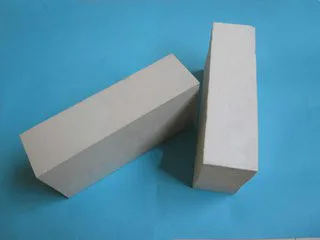
Acid-resistant ceramic brick is corrosion-resistant material made of quartz, feldspar, clay as main raw material, through high temperature oxidation decomposition. It has characteristics of high acid and alkali resistance, low water absorption, hard to oxidize at room temperature, not easily contaminated by media. It can well resistant the corrosion of many kinds of acid, including warm chlorine salt water, hydrochloric acid, sulfuric acid, nitric acid and any concentration alkali at room temperature, but exception of hydrofluoric acid and hot phosphoric acid.
Features of Acid-resistant ceramic brick:
Proof pressure, corrosion resistance, easy to clean, Acid and alkali resistance.
Application of Acid-resistant ceramic brick:
Acid-resistant brick are widely used in oil, chemical, pharmaceutical, food, dairy, fruit juice, paper making, fertilizer, pesticide, chemical fiber, textile, smelting, power plants, electroplating rooms and other industry, as well as towers, pools, tanks, troughs lining, sewage treatment works and open-air ground and other work sites, playing the role of acid resistance.
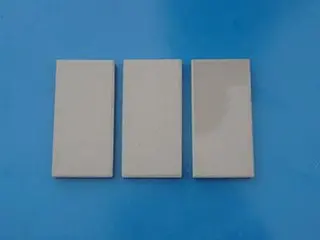
Standard:230x113x20/30/40/50/65mm
Mosaic and glazed ceramic tile:
150x150x15/20/30mm(44pieces/sq meter)
20x200x15/20/30mm(25pieces/sq meter)
The main component of acid-resistant ceramic brick is Sio2, more than 70%, which forms a large amount of aluminum andalusite in the high temperature calcination, which is a kind of material with high acid resistance.As the acid resistant brick structure is compact, the water absorption is small, so it also resistant to any concentration alkali medium at room temperature, but not resistant to high temperature molten alkali.
all kinds of towers, pools, tanks, troughs lining
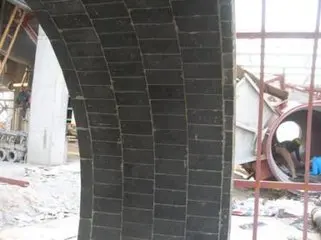
Reactor used acid resistant refractory plate
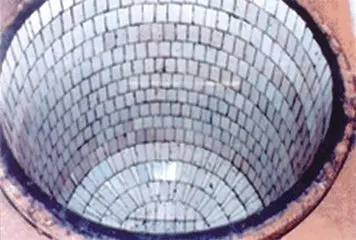
outdoor ground construction
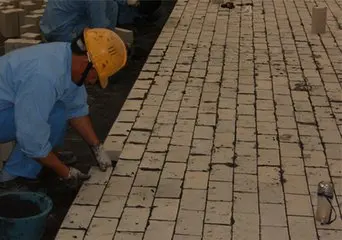
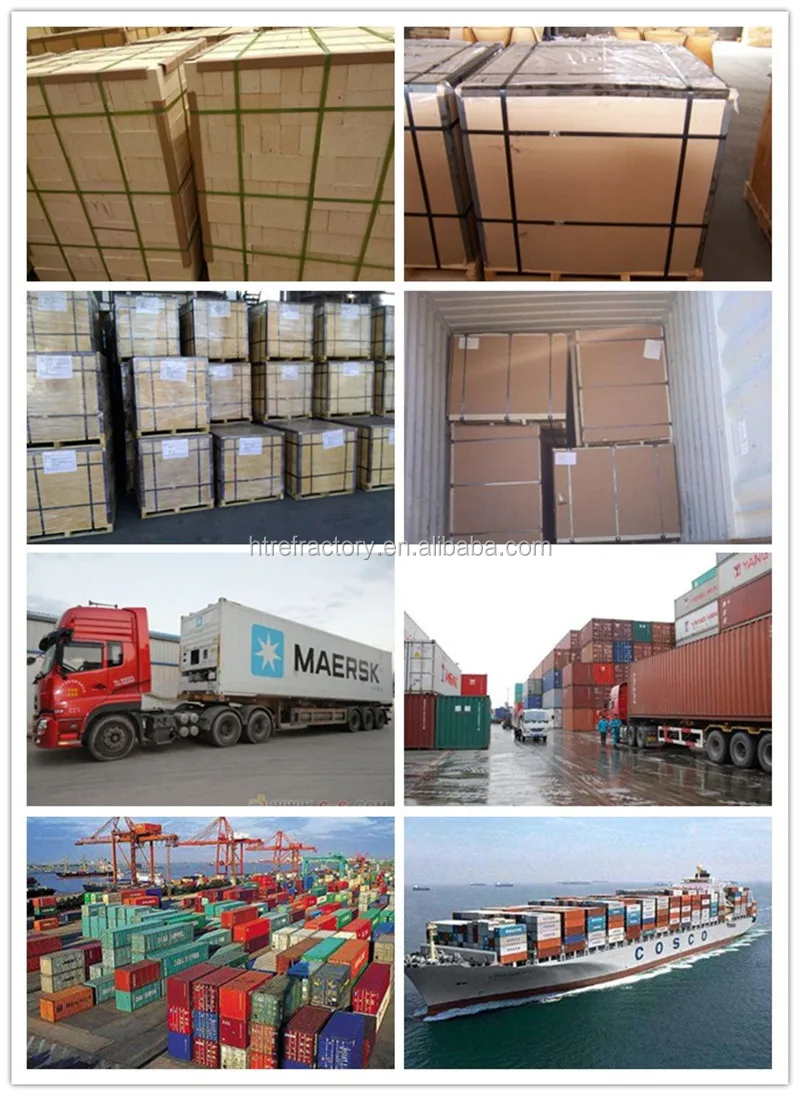
Item | HT-1 | HT-2 | HT-3 |
Water absorption% | 0.5 | 2.0 | 4.0 |
MOR,Mpa | 39.2 | 29.4 | 19.6 |
Thermal Shock Stability ,℃ | 100 | 130 | 150 |
Bulk Density g/cm3 | 2.2 | 2.4 | 2.6 |
Wear Coefficient | 0.15 | 0.15 | 0.15 |
CCS,MPa | 100 | 100 | 100 |
Thermal ConductivityW/(m2.k) | 0.9 | 1.0 | 1.0 |
Expansion Coefficient K-1 | (5.3-6.4) 10-6 | (5.3-6.4) 10-6 | (5.3-6.4) 10-6 |

















